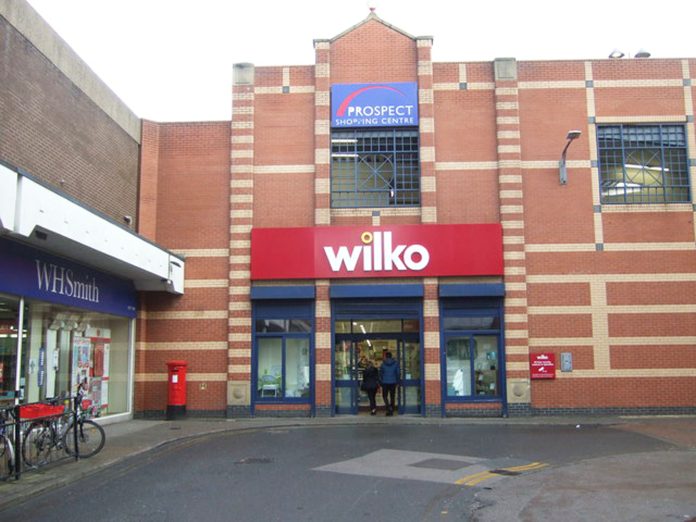Iain Dalton, Usdaw Broad Left secretary
The 12,400 jobs under threat at Wilko since it has entered administration, with the best-case scenario a seemingly diminishing possibility of someone buying only a small part of the company as a going concern, will be the biggest retail collapse since the Covid-19 pandemic.
Much of the reporting has focused on the company’s financial troubles, particularly issues around paying suppliers and the withdrawal of insurance credit. The company had closed ‘unprofitable’ stores and sacked layers of store management in early 2023. It also sold and leased back the Worksop distribution centre (one of two) to raise £48 million in 2022 (DHL has since sold the lease on the distribution centre in early 2023 to a Canadian private equity firm for £88 million!)
Maximum profits
But we should be clear the company’s management did not suddenly turn to brutally cash-in at the workers’ expense – that’s how they have always been – it’s the logic of capitalism to extract the maximum profits.
At the beginning of the pandemic in 2020, the company had to scrap a policy to attack workers’ sick-pay entitlement, but just one year later it went ahead and implemented those attacks.
Industrial action had also been due to take place in 2019 ahead of rota changes imposed on warehouse workers to increase weekend shifts, before a partial backdown by the company.
A total of £77 million has been paid out in dividends over the last ten years by the company, a bigger sum than the £40 million borrowed by the company from private equity company Hilco.
All retail businesses operate on the basis of a certain amount of credit, such as with suppliers, or in order to expand operations. But with rising inflation, and pessimistic projections for the retail sector as a whole, banks and financiers are both reluctant to lend and demanding higher interest payments. Additional measures during the pandemic had protected retailers from legal action from suppliers, but these were lifted last year.
Retail trends
But other trends have also had an impact. As retail analysts have pointed out, Wilko has a high proportion of city centre stores compared to rival discount retail chains such as B&M, Home Bargains, and others. During the pandemic, those out-of-town stores in retail parks – with their own car parks and greater space – were used more, cushioning the effect of the pandemic on those companies’ incomes. Business rates since 2017 have also been generally higher for high street shops as opposed to retail parks.
These problems are far from unique to Wilko, and with the economy heading towards recession, more retail companies will face a similar fate.
With the company in the hands of administrators, they are legally bound to prioritise the interests of creditors first. Like all laws under capitalism, the main purpose of such legislation is to seek to protect the interests of the capitalist class.
It is estimated that, if any rescue deal did come off, as few as 50 out of the 400 stores may be saved, at best. An offer to save 200 stores as a going business was rejected by the administrators as not in the best interests of the creditors.
Our starting point is demanding to protect the jobs of workers, but rather than canvassing support for a takeover of Wilko by yet another private equity firm, we would instead demand that Wilko is brought into public ownership to save jobs.
Discussions could be held with democratically elected representatives of workers, and the wider trade union movement, on the best use of the company’s assets with well-paid, secure jobs for staff being fully funded.
The alternative provided by capitalism’s logic is huge swathes of Wilko workers being thrown onto the unemployment scrapheap, and even more empty spaces on our high streets.







